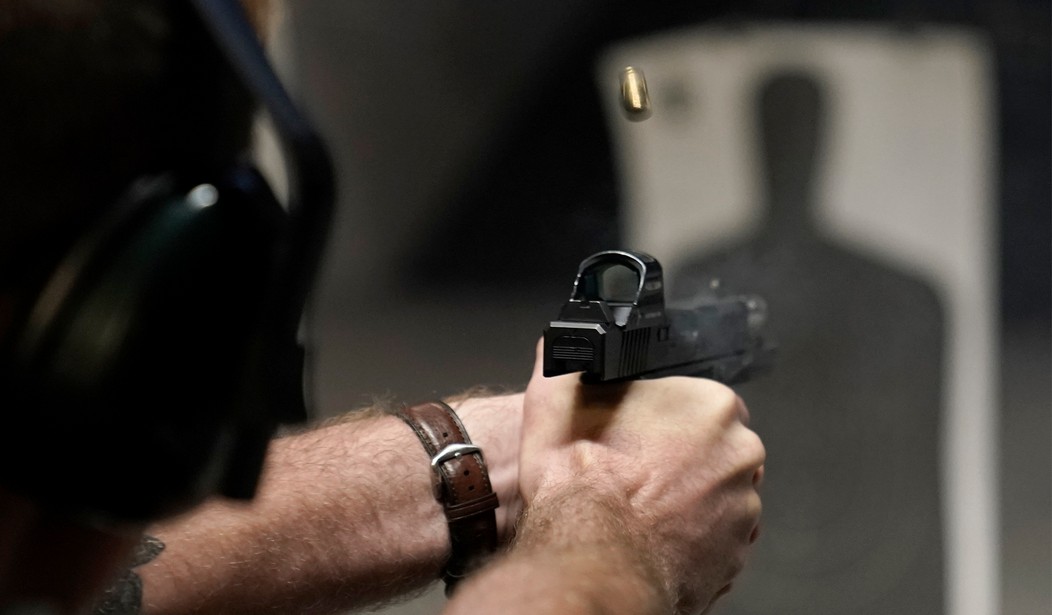Should people who were convicted of crimes but are now free have their gun rights restored? It might make sense to deny them while the person is incarcerated--it's a punishment, after all, so they don't get all their rights--but does it still make sense when they're released? We say they've paid their debt to society, but they really just keep paying it.
Following the Bruen decision, a number of convicted felons started working to challenge the laws that keep them disarmed.
It hasn't worked out well in general, and a case out of Colorado is the latest blow to that effort.
Colorado's second-highest court declined to consider last week whether a man was convicted of a firearm offense under an unconstitutional law, noting the Colorado Supreme Court recently confirmed that changes in legal interpretation do not affect certain cases on appeal.
A Pueblo County jury convicted Thomas Gene Rael in spring 2022 of being a prior offender in possession of a gun. A few months afterward, the U.S. Supreme Court announced its decision in New York State Rifle & Pistol Association, Inc. v. Bruen, in which the court's conservative majority made it more difficult for gun restrictions to pass constitutional muster.
The Supreme Court's Bruen decision prompted an onslaught of challenges to gun laws in civil and criminal cases, owing to a new legal framework for analyzing constitutionality based on a "historical tradition of firearm regulations."
Although the federal appeals court based in Denver subsequently upheld the federal version of Colorado's felon disarmament law, Rael argued on appeal that Colorado's prohibition was unconstitutional generally and as applied to him in light of Bruen.
The law "contradicts historical traditions and thus violates Mr. Rael’s constitutional right to bear arms," wrote public defender Elyse Maranjian.
I don't necessarily disagree. My take is that if they're still a threat to society, why are they walking around among us?
Especially since it's not like those inclined to continue to commit crimes aren't able to get guns anyway.
However, let's also be realistic here. Following Rahimi, this was always one of the challenges that was going to be doomed. Rahimi noting that the historic analog doesn't have to be a one-to-one analog means what restrictions there were back in the day can be applied more broadly. There was a historic prohibition on dangerous people having guns.
This is what it is.
And, for better or worse, felons are considered a group likely to be dangerous.
In fact, it could be argued that the analog is close enough that even without Rahimi, it would still stand. I can't say that with certainty--it would depend on the judge and the case, I suspect--but I can see it happening.
However, that doesn't make it right.
Someone who was convicted of tax fraud isn't likely to start carrying out drive-by shootings. They're not dangerous and are at no risk of becoming dangerous, really. Why are they denied their gun rights because other felons might be dangerous?
Unfortunately for them, that distinction isn't really relevant to the overall debate over their right to keep and bear arms.








Join the conversation as a VIP Member